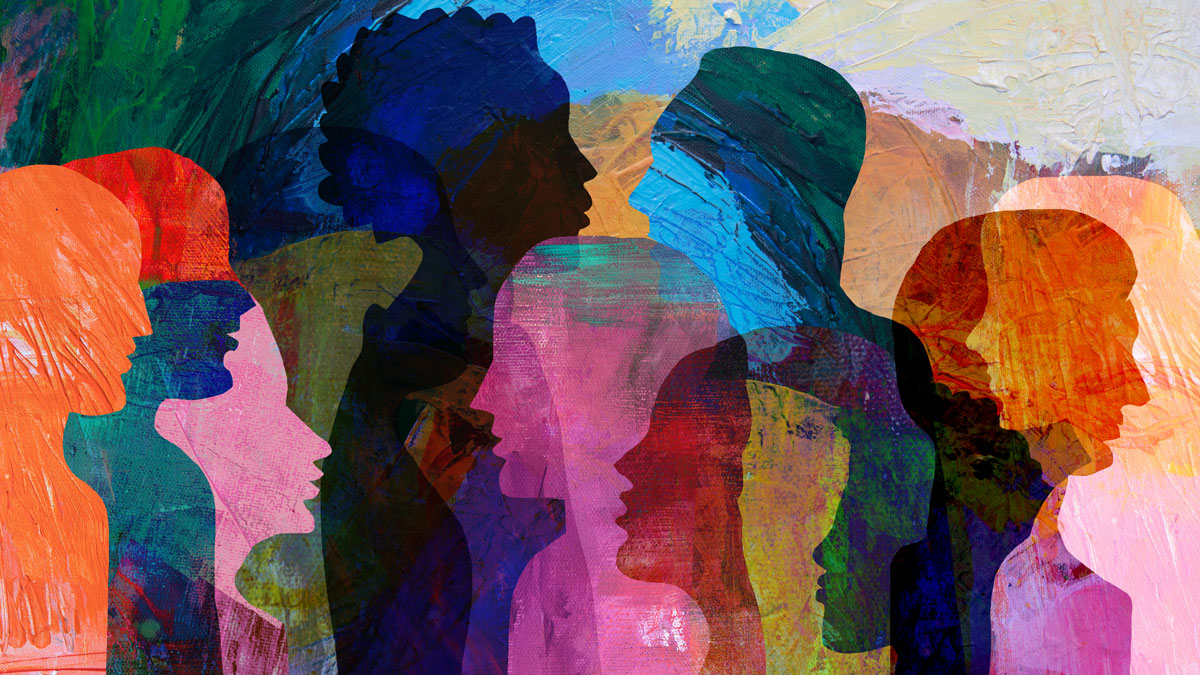I come from a very multicultural country. Even more than Australia, Brazil has a deeply ingrained, inherited multicultural nature. Since it was “discovered” by the Portuguese in 1500, Brazil has been a mix of indigenous, African and European peoples. On top of that population “foundation”, Brazil has the largest Japanese population outside Japan, more people of Lebanese descent than in Lebanon, the tenth largest Jewish community in the world and many other cultures that bring so much colour and flavour to the nation of my birth. In the region where I grew up, Italian, Polish and German communities form the majority of the population. Though my first language is Portuguese, I’ve grown up with words such and omma and oppa, nonna and nonno (grandma and grandpa in German and Italian) as part of my vocabulary.
In school I had classmates of Black, Middle Eastern, Asian and so many other heritages. Growing up with so much diversity, I’ve always seen all Brazilian citizens as Brazilians. It never occurred to me that they were different or from a different country—even less, that they were unwanted in “my country”.
I’ve been living in Australia for the past six years, and for this whole time, have appreciated how open this country is to people from other cultures.
I feel proud of being part of this group of people who moved their whole lives overseas to contribute to a society where they weren’t born.
But my positive perception has been challenged by recent events.
I’ve got family living in the United States and I often told them how different life felt here—that Australia was a place where migrants could thrive without facing the hostility they’ve been experiencing there—a scary trend that’s been spreading. But in the past few days, my perspective has been changing.
Some defend the recent protests against immigration as patriotic, claiming it is about unity or putting Australians first. But when I read the Scriptures, I cannot find a “me first” Jesus. Instead, I find the words, “The foreigner residing among you must be treated as your native-born. Love them as yourself” (Leviticus 19:34). And again: “And you are to love those who are foreigners, for you yourselves were foreigners in Egypt” (Deuteronomy 10:19).
I’ve been seeing a lot of debate between church members on social media about the March for Australia. Within our church family, I’d like to believe we can rise above the arguments about labels. Whatever words are being used in public debate, we know as Christians that intolerance and exclusion have no place in the gospel.
My hope is that our Church will always be known for hospitality and compassion, never for supporting attitudes that divide or exclude.
Seventh-day Adventists have always been a movement with a mission to the world. Immigration connects directly to that calling and brings so many opportunities. It aligns with the very heart of the Great Commission: “Go and make disciples of all nations” (Matthew 28:19). Even if we cannot go to every nation, immigration brings the nations to us. When someone from a country closed to Christianity comes to live in a place of religious freedom, we are given a unique opportunity to share the gospel with them.
Adventist history itself shows the blessing of migration. If Ellen White had not crossed the ocean to Australia, would we have Avondale University, Sanitarium or the structures of ministry she helped plant here? Her willingness to leave home expanded the mission of the Church in this part of the world. Just as missionaries have been essential to the spread of the Adventist message across the globe since its early beginnings.
And how thankful we are that they did. Because of them, this message has come to me and you, and today, we can hope that Jesus will soon come back and welcome us into the most multicultural celebration in history.
In that celebration, there will be no room for intolerance or selfishness. If we cannot love one another here, how can we expect to rejoice together there? So before we get there, we are already invited to live as one now: “There is neither Jew nor Greek, slave nor free, male nor female, for you are all one in Christ Jesus” (Galatians 3:28).






